 Author: Dejan Mitić (Social Inclusion Blog)
Author: Dejan Mitić (Social Inclusion Blog)
For those who would rather not read the whole article, the conclusion is: both.
When I was still a small child, I learned to count using the fingers on both of my hands. This particular skill is enough for us to count all social cooperatives in Serbia. It also makes an excellent limber-up exercise, so I invite you to count with me.
Using the fingers on one hand, the task is to count 3 social cooperatives established before 2015, the year when the new Law on Cooperatives was passed, plus another 2 that were established in the period 2015–2019. On your other hand, raise 4 fingers for the social cooperatives established in 2020.
The result is right there in your hands, but I am confident that it will change soon.
Somebody could rightfully ask me: What is the reason for your enthusiasm? I understand that 2020 was an excellent year for social cooperatives and that more cooperatives were established than ever before, but what economic or social change can be brought about by 9 young social cooperatives in Serbia?
I answered in the spirit of my favourite comic book: “Nine cannot do what a 100 can!”
Indeed, nine social cooperatives aren’t even remotely close to satisfying our real social needs. And so we are living in a society in which the communication between the rural and urban areas has lots of background noise, and takes place on two different technological levels, where 40% of the population talks about sewerage, and 60% about digitalization. As I am writing this, my mind recalls a statement of the esteemed agroeconomic analyst Branislav Gulan, which emphasizes the dramatic nature of the situation with its front-line reporting style. „We are losing the battle for villages, next up is the battle for towns“. Sure enough, Serbia is entering the previously unseen phase of “balanced development”, in which the depopulated parts of the country will start losing economic sense and will slip into permanent devastation. So, good luck to anyone who tries to fix things around here, because we are all just waiting to throw our collective responsibility onto somebody else’s shoulders.
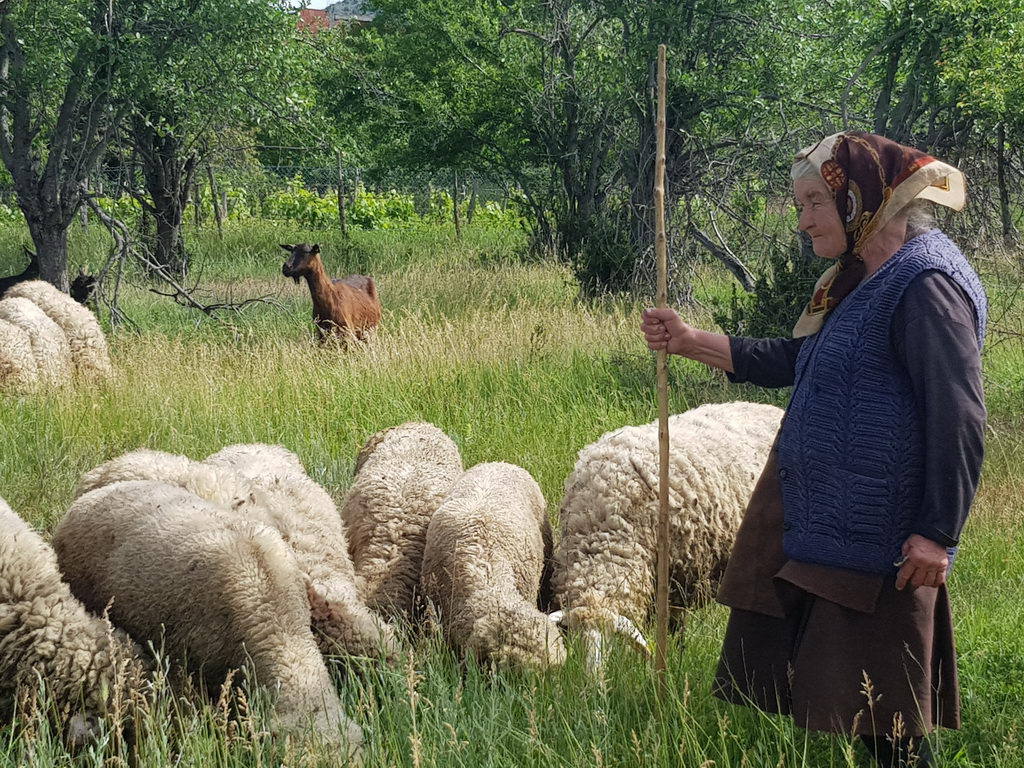
A world disappearing before our eyes: granny Ruma and grandpa Gvozden from Donji Matejevac, keeping 40 sheep, some goats, pigs and 2 cows all by themselves
With nine social cooperatives, we haven’t come an inch closer to the champions of this discipline – Italy, which stands on top of the global pedestal with 13,000 social cooperatives. Let us be clear, we are not talking about a country that is at the same time the champion when it comes to solving social problems, but about the fact that it has been proactive in tackling them.
For those who admire the EU and other foreign practices, there are also social cooperative models from Germany, France, Poland, Portugal, Greece and many other European countries. These countries have been using them successfully as a tool for balanced and sustainable development, and as youth employment platforms.
For Eurosceptics, we also have a piece of information to cling on – Yes, we were the first! At the global level, Serbia was a pioneer in the field of cooperatives. Suffice it to say that, back in 1895 in London, we were a co-founder of the International Cooperative Alliance together with another ten countries, most of which differed from those mentioned above.
Now that we have satisfied our mentalities, we should focus on the past tense used in the previous sentences. We have nothing to do with this now. All the credits go to our forefathers, who made sure that we became an inseparable part of the global cooperative history. What worries me more, though, as a pragmatic person, is the extent to which we will be a part of the European cooperative future, which is inconceivable without sustainable development and equal opportunities for all, including without social cooperatives as an important contributor.
So, who is going to make this happen in Serbia? This is a difficult question for a divided society, and the practice of social cooperatives is impossible to thrive without intersectoral cooperation. I feel like launching a call for applications on behalf of the economically, socially and environmentally vulnerable rural population, which is effectively a minority with just over 40% of the total population. Eligible entities would include the ministries, local governments, international, bilateral and domestic donors, socially responsible companies and civil society organizations. Of course, this is impossible and, luckily, unnecessary. Many have already joined in.
In 2020, two completely different municipalities in terms of their level of development and population implemented the social cooperative model in order to satisfy the social needs of rural women and urban Roma people. I participated in the creation of the first local partnerships among social cooperatives and local governments, which are committed to jointly resolve the accumulated social problems in the future.
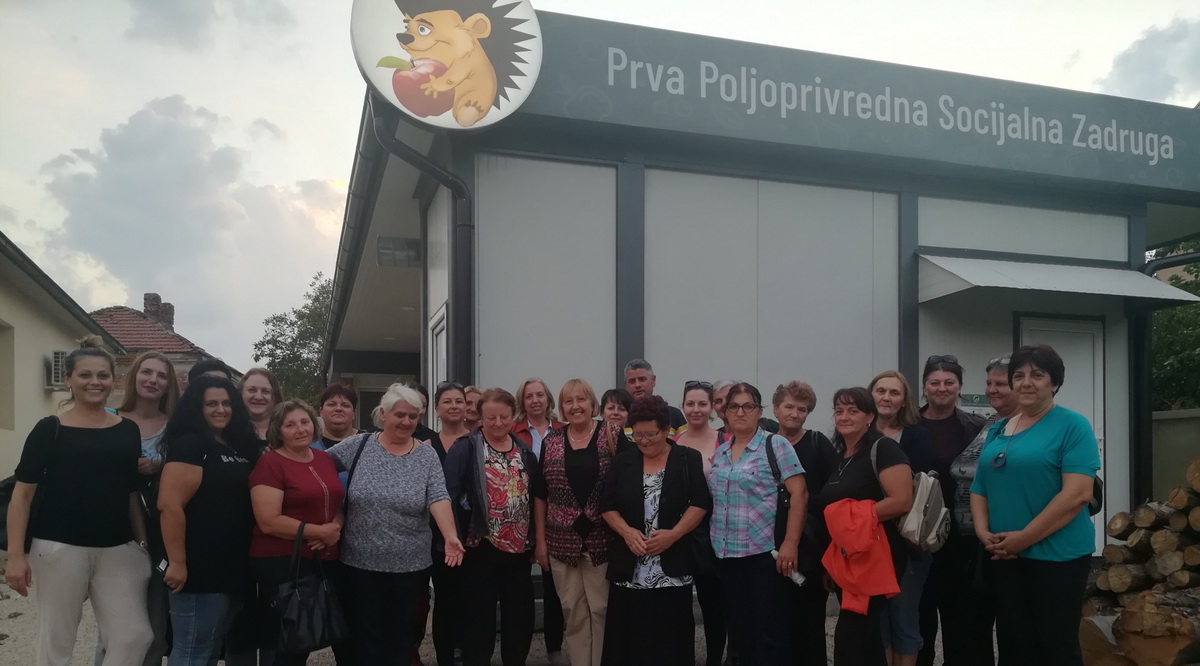
Training of the co-founders of the women’s agricultural-social cooperative “Ražanjke” at the “Kamenica” First Agricultural-Social Cooperative
A bottom-up process of changes is underway. Similar situation existed in Italy, too. The multitude of social problems resulted in social innovations at the local level, which were subsequently adopted by the regional and, finally, the national government, as well.
However, the year 2020 was also characterized by the reverse or top-down process of changes in social cooperatives in Serbia.
“Knocking on open doors” was one of my greatest impressions last year. I had the opportunity to discuss social cooperatives with the representatives of the Ministry of Economy, the Ministry of Agriculture and the newly established Ministry of Rural Welfare. Social cooperatives have been recognized as legal or de jure social enterprises with a clearly defined system of profit distribution, democratic decision-making and the pursuit of social objectives in compliance with Article 11 of the Law on Cooperatives.
The Ministry of Economy is currently monitoring the development of the model, while the Ministry of Agriculture has offered to include agricultural-social cooperatives in the system of free outreach services provided by agricultural extension services.
The Ministry of Rural Welfare went the extra mile and announced financial support to rural agricultural-social cooperatives by late March 2021. As part of the “500 Cooperatives in 500 Villages” scheme, social cooperatives will have the opportunity for the first time to receive grants of RSD 7.5 million each for the purchase of equipment. These funds will impact the development of the sector of real social economy in severely socially disadvantaged communities – municipalities in development categories IV and V.
Social cooperatives will not be a social phenomenon for much longer. There is an increasing number of partners in various sectors who believe that social cooperatives are actually a phenomenal story.
In late 2020, in order to promote social cooperatives as an important social topic, 13 renowned organizations, foundations, cooperative alliances and the media* signed a memorandum symbolically entitled “I Support Social Cooperatives”.
Social Cooperatives were first introduced in the general literature intended for the students of secondary agricultural schools in early December 2020, thanks to the memorandum signatories from the Dnevnik Poljoprivrednik AD media outlet. In January 2021, Smart kolektiv announced the first call for applications for business support, for which social cooperatives are also eligible as legal social enterprises.
I wish to thank the partners from the Cooperative Union of Serbia and the staff of the Serbian Government’s Social Inclusion and Poverty Reduction Unit for collaboration in the implementation of the project “Impact of Four-Years’ Implementation of Article 11 of the Serbian Law on Cooperatives on Social Entrepreneurship in Serbia”. The project is implemented with the support from the consortium led by the Belgrade Open School, as part of the USAID-supported Active Citizens – Better Society programme. For more details about the research, please refer to the Analysis.
If you are interested in starting a social cooperative or transforming an existing organization or cooperative into a social cooperative, please read the guide “How to Establish a Social Cooperative in Serbia”.
In the next edition of the blog, I will reflect upon the challenges that await the development of social cooperatives in 2021.
***
This article is the first of a series of blog texts by Dejan Mitić, which will dissect the concept, phenomenon, challenges and significance of social cooperatives in Serbia, to be published in 2021.
——-
*Memorandum signatories: Social Inclusion and Poverty Reduction Unit of the Government of the Republic of Serbia, Kamenica Association, Protecta, Eneca, Coalition for Solidarity Economy Development, Cooperative Union of Serbia, General Cooperative Alliance for Agriculture and Rural Development, Association of Agricultural Journalists – Agropress, Ana and Vlade Divac Foundation, SMART kolektiv, Catalyst Balkans, Agro Jug Niš and Dnevnik Poljoprivrednik Novi Sad.
——-
Source: Social Inclusion Blog
Dejan Mitić
Dejan Mitić is the President of the Kamenica Local Development Association, Acting President of the Cooperative Union of Southern Serbia and Director of the Kamenica Agricultural-Social Cooperative. He has participated in the implementation of more than 70 projects and non-profit actions aimed at rural development, social and economic inclusion of vulnerable groups. Dejan is the recipient of two international, one national and multiple local awards for social innovations and innovative projects.
If you’re interested in reading more blogs on the topic of social inclusion, click here.
 Government of the Republic of Serbia
Government of the Republic of Serbia



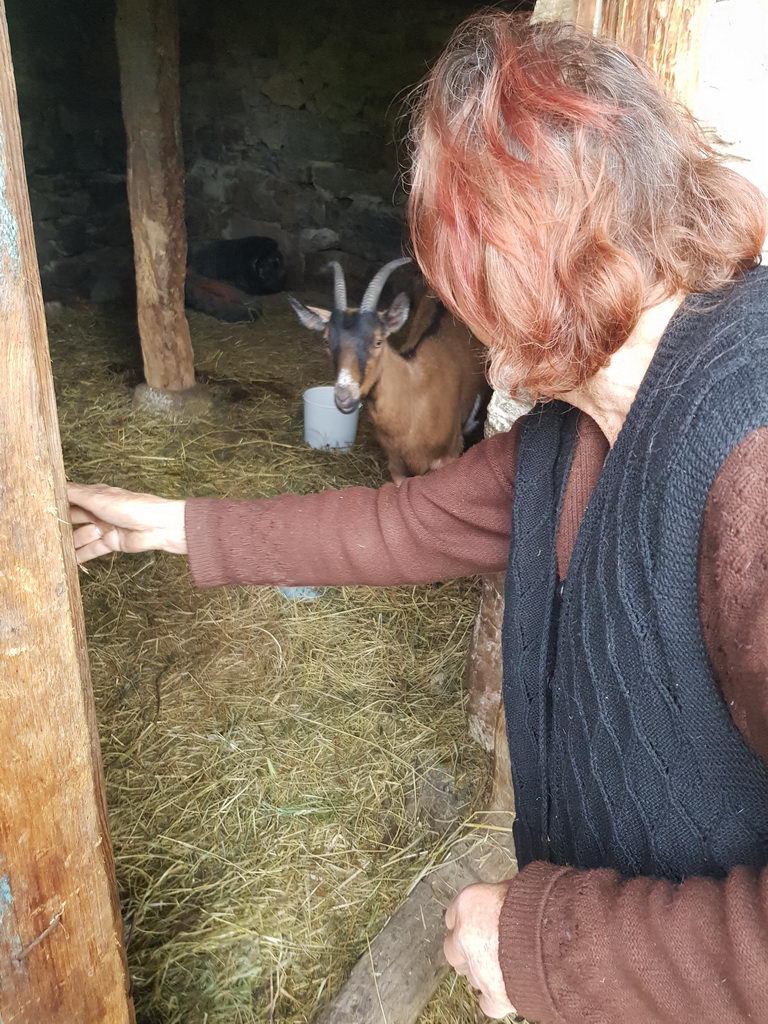
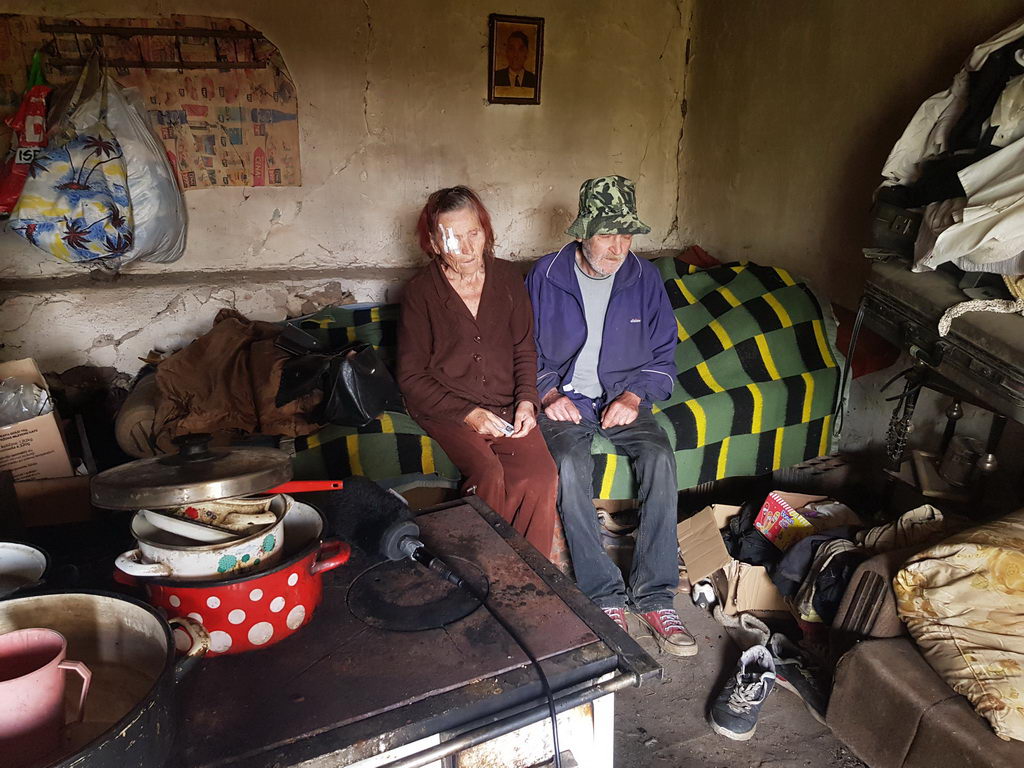
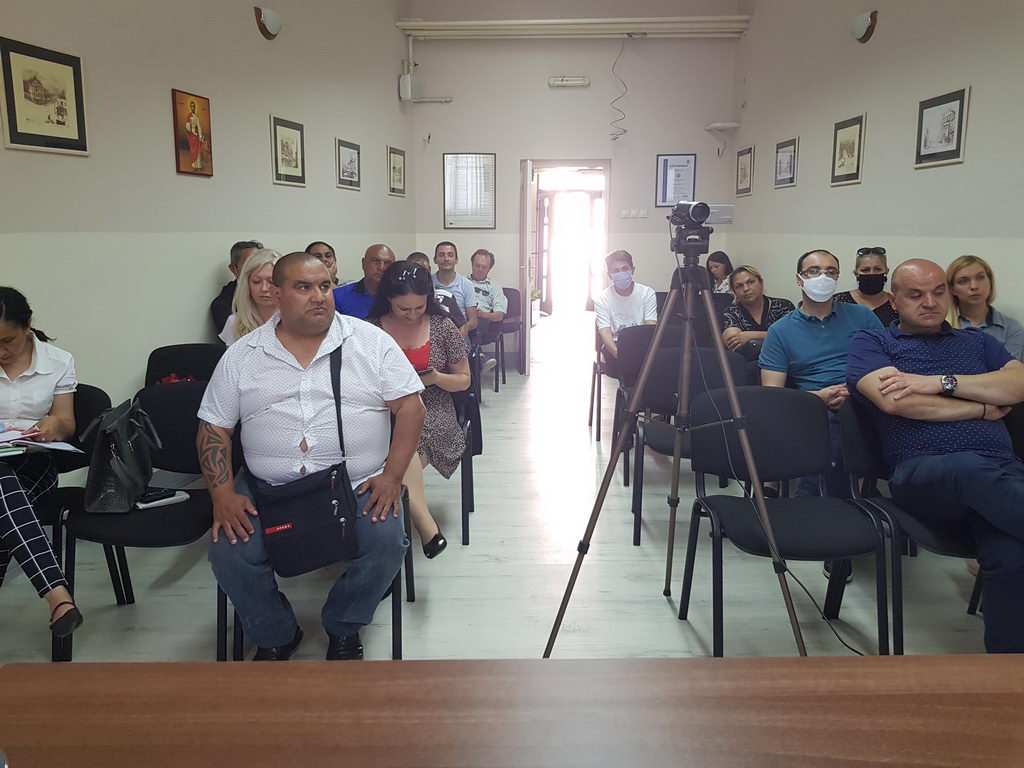
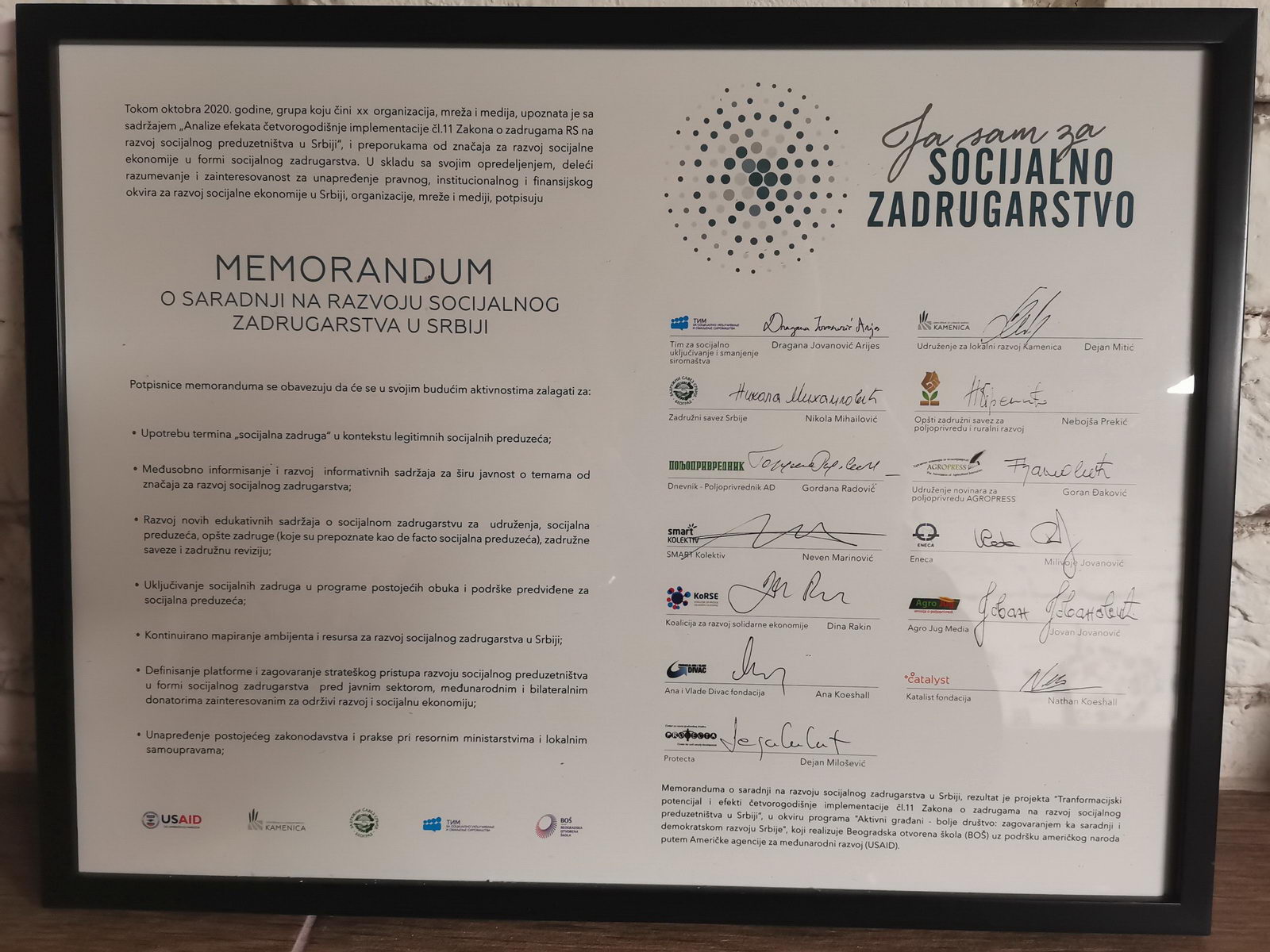
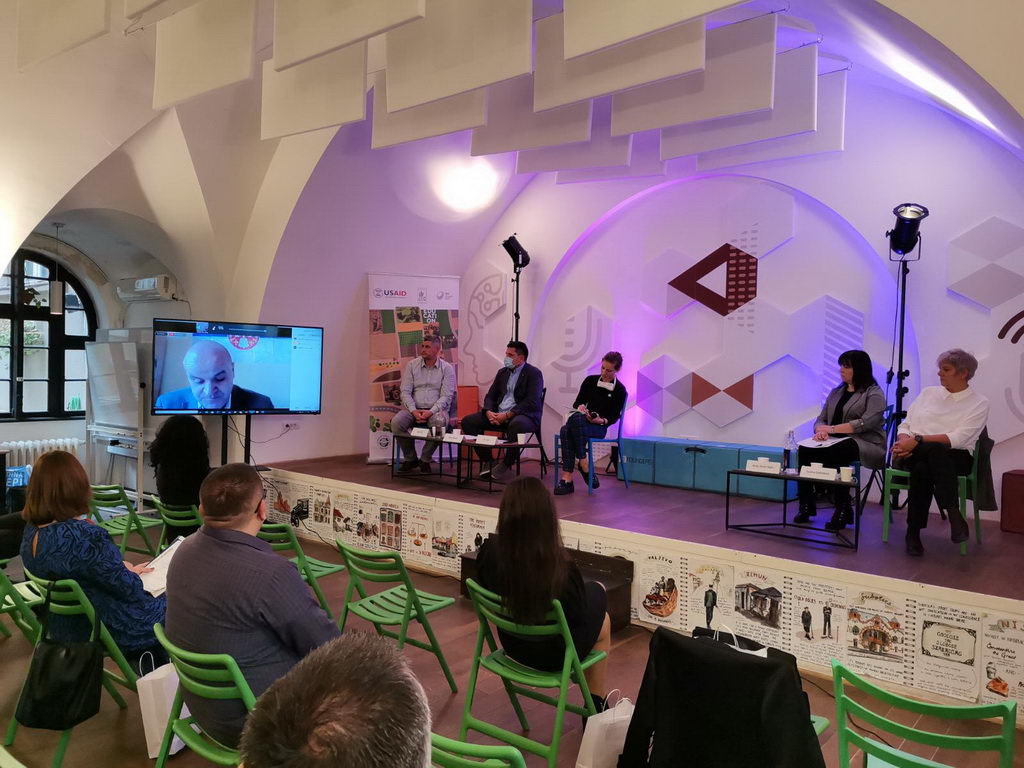












 pdf [271 KB]
pdf [271 KB]
Leave a Comment